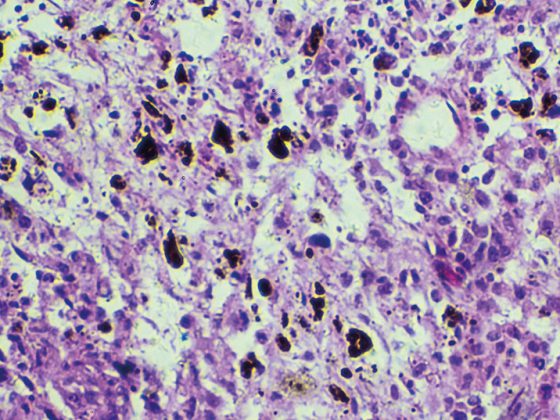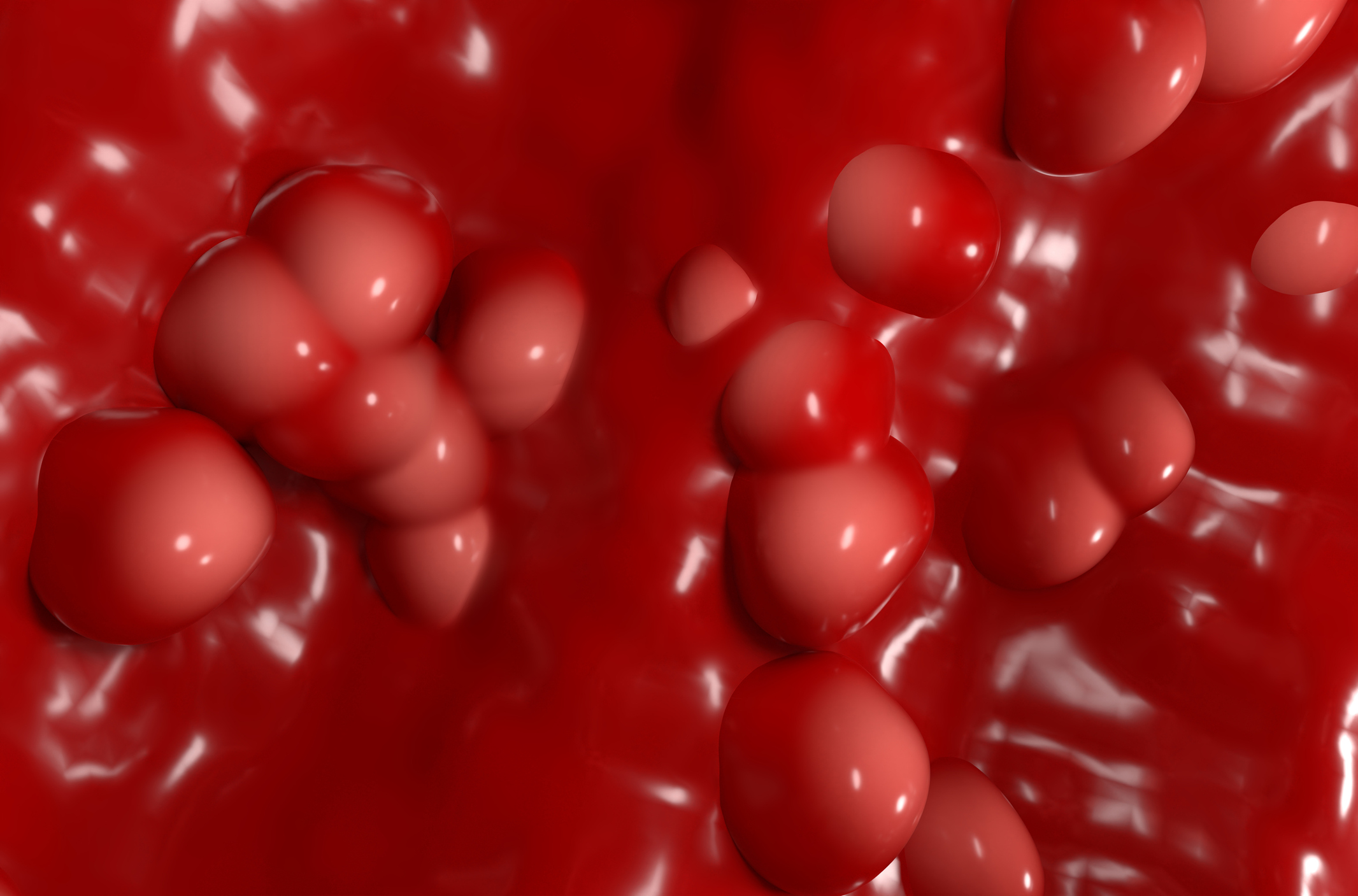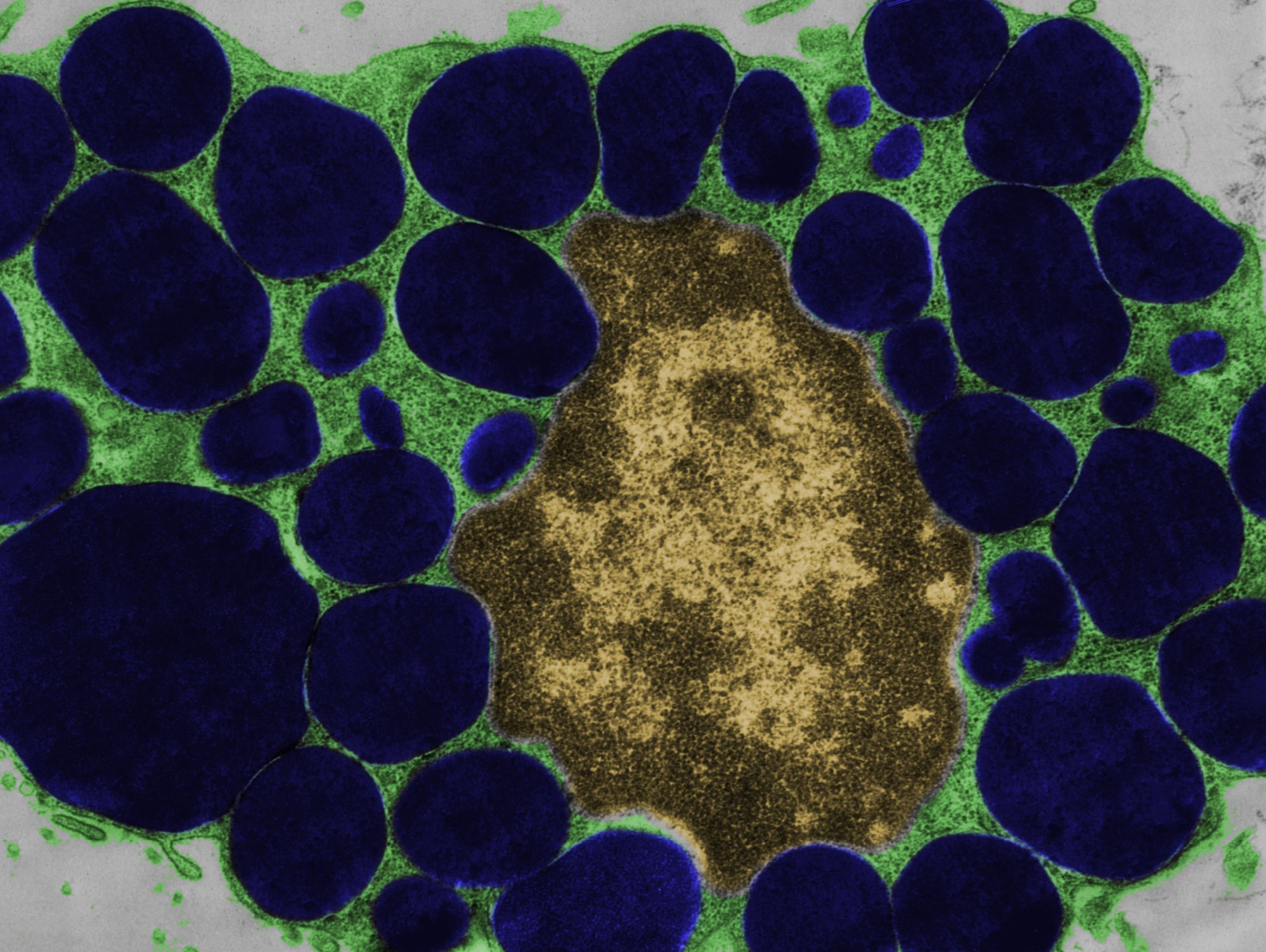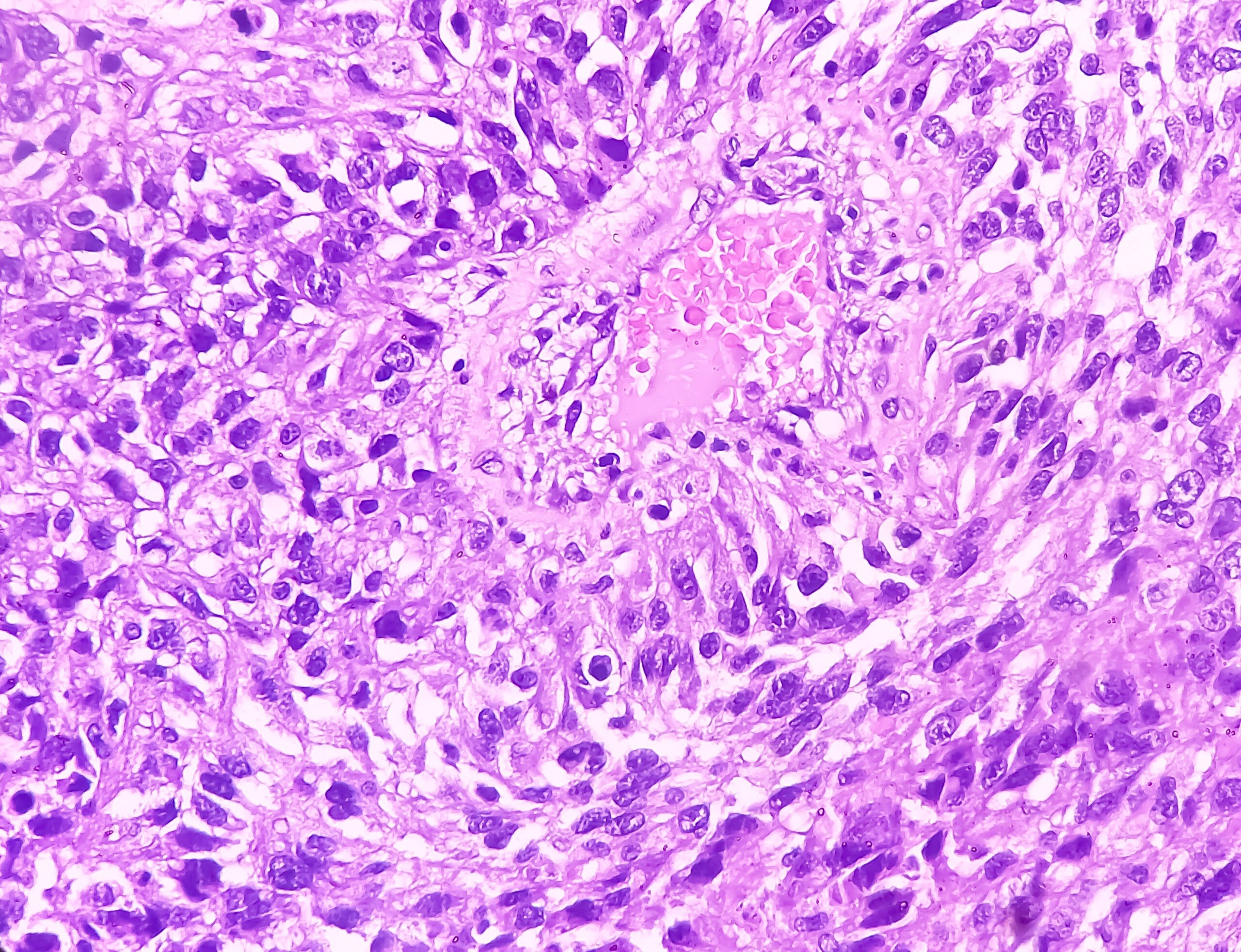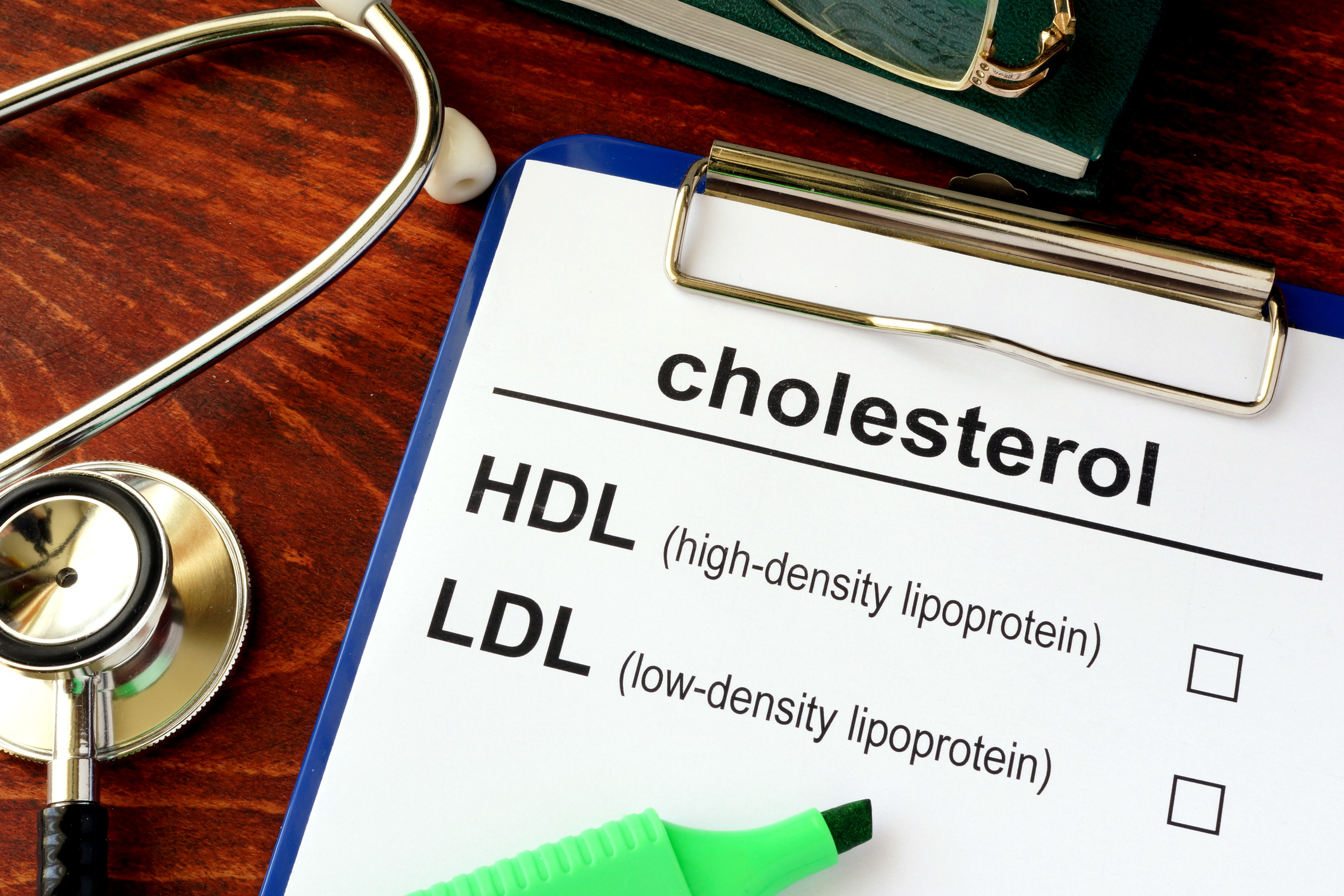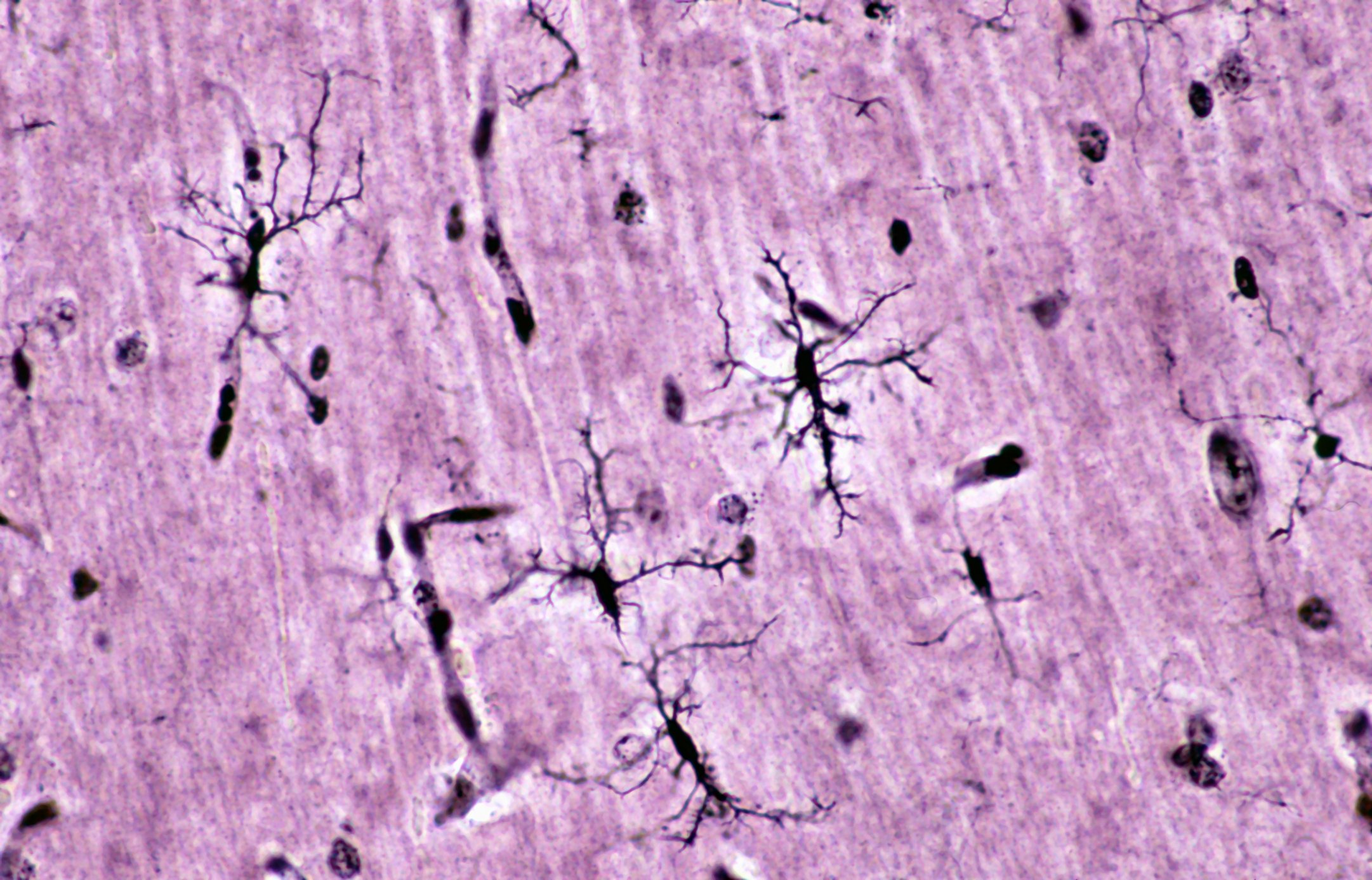Echinacea purpurea extract shows significant antiviral activity and reduces the risk of viral respiratory infections, including SARS-CoV-2, according to several studies. By significantly reducing viral load in infected individuals, the phytotherapeutic provides a supportive adjunct to existing interventions. The extract may also be a useful option to control existing and future mutations of the SARS-CoV-2 virus, which needs to be investigated in further studies.
Coronaviruses are respiratory viruses that cause respiratory diseases of varying severity. Vaccines now developed against the SARS-CoV-2 virus effectively prevent severe disease progression. however, the virus has a high mutability and there are always vaccination breakthroughs. Further antiviral preparations that offer broad protection with the lowest possible susceptibility to viral mutations are urgently needed. Preclinical data postulated such an effect for Echinacea purpurea in 2020, but the generalizability of these study data to human effects was unclear [1]. However, further study data have now appeared [2].
Exploratory clinical prevention trial in the Covid 19 pandemic.
A randomized, open-label, controlled clinical trial investigated the potential of Echinacea purpurea for the prevention and treatment of viral respiratory infections with a particular focus on SARS-CoV-2 infections [3]. 120 healthy volunteers aged 18-75 years were randomly assigned to an echinacea prevention or no-intervention control group. After a run-in week, participants underwent 3 prevention cycles of 2-2-1 months with 2400 daily mg Echinacea purpurea extract (Echinaforce®, EF). Between each cycle, therapy was interrupted for one week. Acute respiratory symptoms were treated with 4000 mg EF for up to 10 days, and their severity was recorded in a diary. Nasopharyngeal swabs and blood samples were routinely collected every month and additionally during acute illnesses. Detection and identification of respiratory viruses, including SARS-CoV-2, was performed by serology and RT-qPCR, which also determined viral load.
Over 5 months, a total of 21 samples tested positive for respiratory virus under EF prevention versus 29 samples in the control group, of which 5 and 14 samples were SARS-CoV-2 positive, respectively (RR=0.37, p=0.03). A total of 10 and 14 symptomatic episodes occurred in the EF and control groups, respectively, of which 5 and 8 were covid-19 disease, respectively (RR=0.70, p>0.05). EF treatment of acute episodes significantly reduced overall viral load by at least 2.12 log, or over 99% (p<0.05). The time until patients tested virus-negative again was reduced by 8.0 days overall (p=0.02) and by 4.8 days for SARS-CoV-2 (p>0.05) compared to the control group. Finally, EF treatment resulted in a significant reduction in fever days (11 days vs. 1 day, p=0.003) but not in overall symptomatology, which may be related to unequal co-medication use. Fewer covid-19 hospitalizations occurred with echinacea, although the difference was not statistically significant (n=0 vs. n=2).
Overall, the study showed a broad antiviral effect of EF extract by preventing SARS-CoV-2 as well as other viral infections (box) . The study was conducted from November 2020 to May 2021. As with vaccines, the question of generalizability to new variants, such as delta or Omicron, arises with echinacea. Therefore, a second paper dealt with the antiviral mechanism of action of Echinacea purpurea and the spectrum of action on coronaviruses in general.
Echinacea inhibits endocytosis of SARS-CoV-2.
An international team of researchers from several universities studied in parallel the effect of Echinacea purpurea on SARS-CoV-2 Variants of Concerns (VOC’s) and on a pseudovirus expressing only the spike receptor [4]. Echinacea inactivated all VOC’s to approximately the same extent, namely alpha, beta, gamma, eta or the delta variant were completely inhibited at less than 25 μg/ml Echinaforce® in vitro. The principle of multi-substance mixture of herbal extracts was suggested as a possible explanation for the broad antiviral protection, which could be less susceptible to viral mutations and emergence of new variants. In a previous publication [1]. it was criticized that only the direct contact of Echinacea inactivates the virus, which could question the clinical relevance. A new approach therefore determined what results preventive treatment of epithelial cells (without pretreatment of the virus) would provide: As little as 20 μg/ml EF could completely inhibit sequential infection with SARS-CoV-2.
|
Summary The prevention of viral infections during the Covid 19 pandemic and the spectrum of action of Echinacea on different SARS-CoV-2 variants were analyzed in detail in two research papers. The data used in the prevention study by Kolev et al. demonstrated significantly reduced viral load in infected individuals underscores the broad antiviral effect of EF extract for the prevention of SARS-CoV-2 as well as other viral infections [3]. This points to an additional option for prevention and treatment. Although this is a relatively small study, the results are in the context of another recent review on the prevention of endemic coronavirus infections by EF extract, in which two RCTs in adults and children demonstrated an effective protective effect of EF extract against enveloped viruses, including coronaviruses [5]. The Vimalanathan 2021 study was the first to confirm a cell-protective effect, which could be central in prevention. Preliminary studies now indicate that EF interacts with TMPRSS-2, a serine protease that is required for endocytosis of all coronavirus variants to the same extent. This may represent a new promising approach in combating SARS-CoV-2 [4]. |
Literature:
- Signer J, et al: In vitro virucidal activity of Echinaforce®, an Echinacea purpurea preparation, against coronaviruses, including common cold coronavirus 229E and SARS-CoV-2. Virol J 2020; 17(1): 136.
- “New studies on the antiviral effect of Echinacea purpurea,” A. Vogel, Jan. 10, 2022.
- Kolev E, et al: Echinacea purpurea for the Long-term Prevention of Viral Respiratory Tract Infections during COVID-19 Pandemic: A Randomized, Open, Controlled, Exploratory Clinical Study. medRxiv 2021.12.10.21267582; doi: https://doi.org/10.1101/2021.12.10.21267582
- Vimalanathan S, et al: Broad antiviral effects of Echinacea purpurea against SARS-CoV-2 variants of concern and potential mechanism of action. bioRxiv 2021.12.12.472255; doi: https://doi.org/10.1101/2021.12.12.472255
- Nicolussi S, et al: Echinacea as a Potential Weapon against Coronavirus Infections?: A Mini-Review of Randomized Controlled Trials. GA conference (Poster), 2021, Bonn, Germany.
HAUSARZT PRAXIS 2022; 17(2): 38-39 (published 2/16/22, ahead of print).



